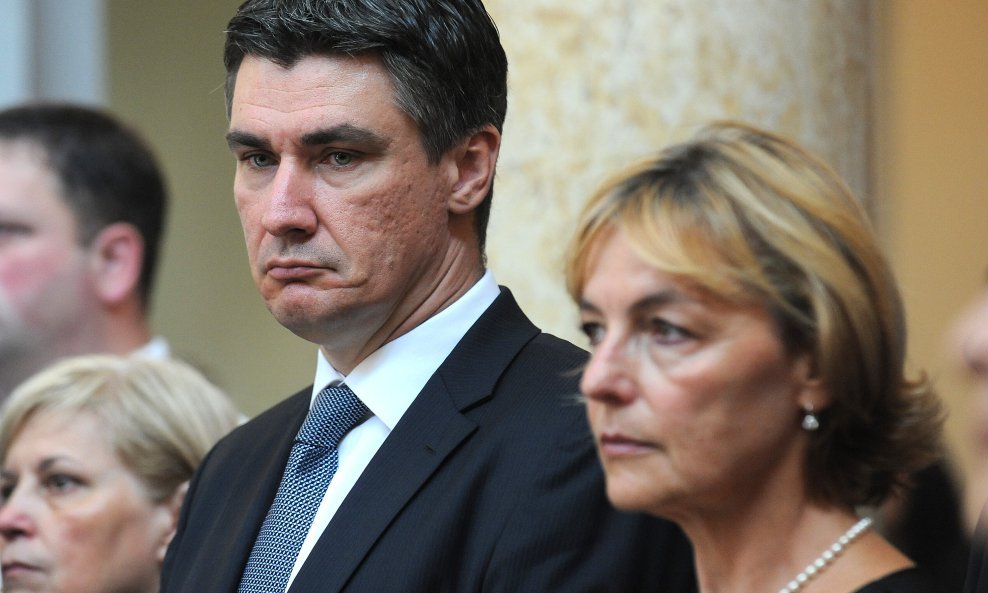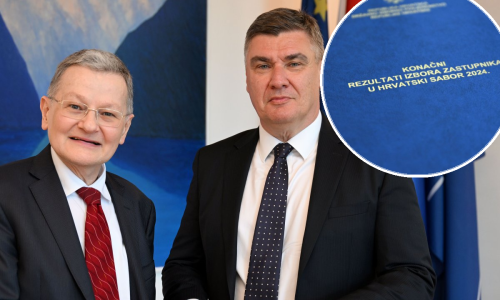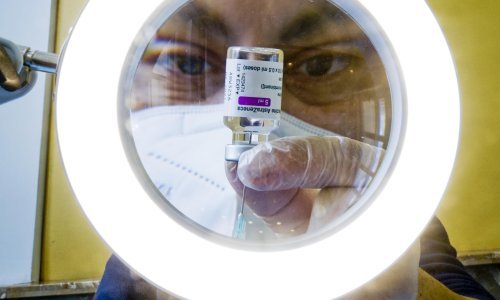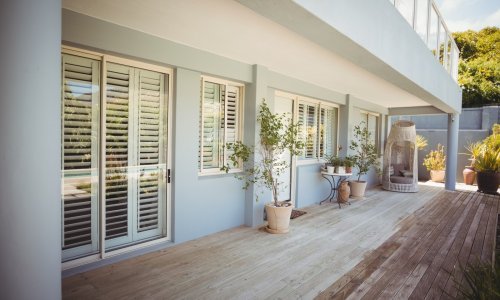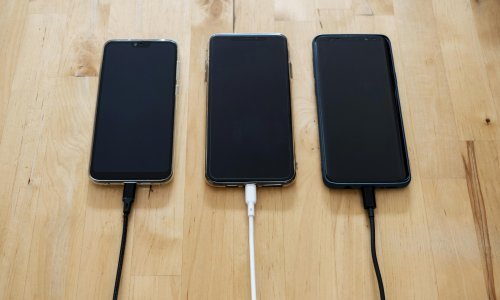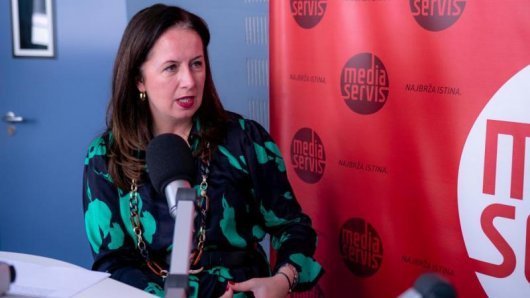The opposition coalition will not turn its back on Croatia and will attend parliamentary sessions again so that decisions important for the functioning of the state, such as transitional financing and dissolving of parliament, can be voted on, Social Democratic Party (SDP) president Zoran Milanovic said in Karlovac on Saturday.
"The Croatian parliament has become a place of verbal violence and the opposition coalition wants no part in that degradation of the central state institution. The little confidence citizens still have in Croatian institutions should be protected," Milanovic said.
Vesna Pusic of the Croatian People's Party (HNS) said the opposition coalition would attend a session of parliament's Presidency.
Only some of the most necessary things need to be defined, including a decision to dissolve parliament. The speaker said the current parliamentary session would last until October 21 and it should not be extended, so that campaigning in parliament could stop, said Pusic.
The opposition coalition comprising the SDP, the HNS, the Istrian Democratic Party (IDS) and the Croatian Pensioners Party (HSU) presented in Karlovac its platform for education and science, with Milanovic saying this was not a "topic on which one wins an election" but that "whether Croatia will become rich and independent, financially independent, or remain a country of average income and mediocrity as in the last 40 years depends on the way science and education are managed."
Pusic said achieving good science and education would depend on political decisions, so that Croatia no longer set aside only 0.7 per cent of GDP for science and education but at least two per cent on average, as in te European Union, or 3.5 per cent.
Pusic said the opposition coalition's platform envisaged linking schools and science institutions with international centres of excellence as well as setting up a system which enabled every individual to achieve personal excellence, making it also an instrument for economic and societal development.
Branko Grcic of the SDP said the coalition's platform envisaged including Croatia in the EU's five development goals - achieving full employment by 2020, fighting poverty, achieving eco-friendly sustainable development, setting aside three per cent of GDP a year for science and innovation, and raising the percentage of citizens aged 30-34 with university education from 10 to 40 per cent.



